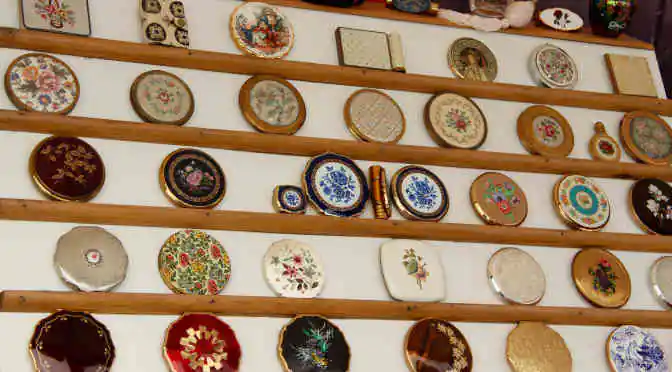Organic, vegan and eco-friendly have all become the most common terms in the personal care and cosmetic industry, but halal is the latest and emerging trend. Not so long ago, the word ‘halal’ meant an activity permissible to undertake or the food that was safe to eat. However, in today’s increasingly ethical and ecologically conscious world, the term has taken on a much broader meaning, and the concept is gradually taking over the cosmetic industry.
Halal cosmetics are on the rise
Halal cosmetics contain ingredients that are religiously permissible and not derived from cochineal or porcine, leading to the development of cosmetics such as creams, shampoos, and lotions that are free from non-Halal slaughtered animals. Halal cosmetic products are permitted under Shariah law and must fulfill certain conditions.
Halal cosmetics have grown far beyond a novelty. A surge of cosmetic brands are capitalizing on the burgeoning halal cosmetic industry by producing halal certified products that contain no animal ingredients to meet the growing demand of consumers who just want to ensure that the beauty products they use are healthy and sustainably sourced.
Suggested readings: Halal Food: A Healthy and Hygienic Replacement for Artificial Food
The untapped market opportunity of the Muslim world
Imagine a group of nearly two billion people who are not your potential customers, but still have a keen interest in purchasing products that suit their lifestyles. Indeed, the Muslim population occupies a major segment and has undoubtedly started to be taken into consideration as an important consumer base. The beauty sector and fashion designers have already started to expand beyond the mainstream cosmetic trends and markets.
The principles of Islamic Shariah law are behind the purchasing decisions of many Muslims, but their requirements are not always met in the global marketplace. With the population growing at an unprecedented rate, more and more Muslim consumers are searching for halal alternatives to conventional cosmetics and personal hygiene products. They are waiting for more suppliers and diversity to catch up with the demand for Muslim-friendly products.
Consequently, many beauty brands are realizing the potential of Muslim consumers and rushing to get Halal certification. Multinational cosmetic companies are also recognizing the segment’s possibilities, especially U.S.-based Orly teaming up with Muslimgirl.com to create and launch a wide range of Halal beauty products. Orly’s partnership with Muslimgirl.com sets a momentous precedent for how Western mainstream brands can appeal to Muslim consumers.
Growing beyond their niche
No longer just a religious observance or obligation for Muslims, halal has now become a dominant market force, proliferating as a world-wide market phenomenon for both Muslims as well as non-Muslims. The appendage of “Halal” is not just a guarantee that the product is lawful for Muslims, but has now become a worldwide symbol for quality assurance and lifestyle choice.
Over the last few years, the halal industry has gained increasing approval from non-Muslim consumers who correlate halal with ethical consumerism. Intrinsically, the values promoted by halal – ethical investment, animal welfare, economic and social justice, stewardship of the earth and social responsibility – have gathered interest beyond religious compliance.
This is evident by the participation of non-Muslim countries and organizations where halal is quickly emerging as the standard of choice. The popularity of, and demand for halal certified cosmetic products among non-Muslim consumers is now on the rise as more customers are looking for safe, high quality, and ethical products.



